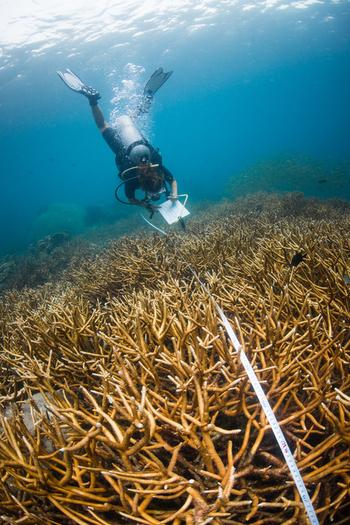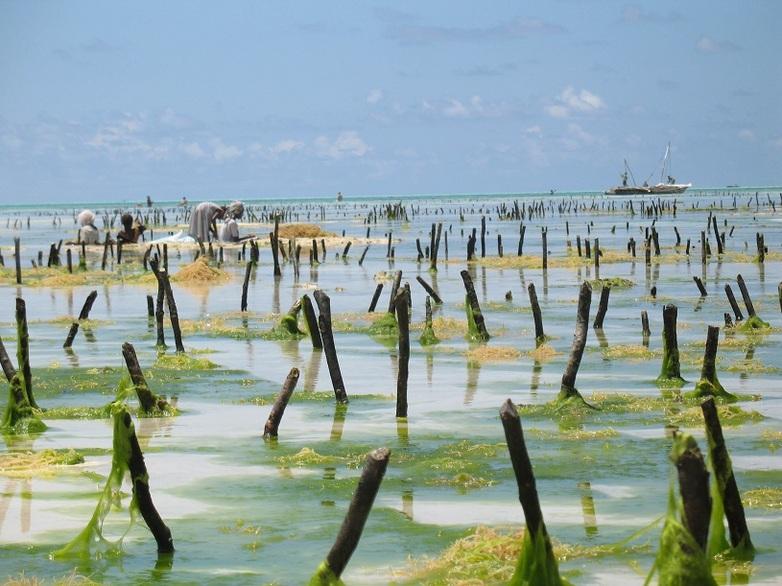Context
The world’s oceans cover around 71 per cent of the surface area of our planet. They help to regulate our climate, produce oxygen, and also serve as transport and trade routes. Thanks to their biodiversity and productivity, they provide essential resources and ecosystem services for life on earth. Humankind is very dependent on oceans and marine ecosystem services to ensure sustainable development. We make use of marine waters for food, medical products and tourism, for example. Greater biodiversity in oceans and seas will ensure more reliable availability of ecosystem services.
However, the ecological condition of the world’s oceans is constantly deteriorating. Despite agreements under international law and voluntary commitments, marine waters are being exploited beyond the limits of what is sustainable. Most of the world’s fish stocks are either overfished (31 per cent) or have been exploited to their ecological limits (58 per cent). Biodiverse habitats such as mangrove forests, seagrass beds and coral reefs have already been destroyed or are endangered.
The UN’s 2030 Agenda for Sustainable Development tackles the issue of marine conservation in Sustainable Development Goal 14 – ‘Life below water'. This goal addresses issues such as marine pollution and the protection of marine and coastal ecosystems. Since 1992, the international community has also been committed to preserving biodiversity globally by means of the Convention on Biological Diversity and the associated implementation instruments. Marine and coastal biodiversity are also covered by this. The German Federal Ministry for Economic Cooperation and Development (BMZ) has been combining its efforts to protect the world’s oceans in its Ten-point Plan of Action for Marine Conservation and Sustainable Fisheries since 2016.
Objective
Through the contributions from this project, BMZ shapes policy and implementation processes that promote marine conservation. The focus here is primarily on the achievement of the goals of the 2030 Agenda, the Biodiversity Convention and BMZ’s Ten-point Plan of Action.

